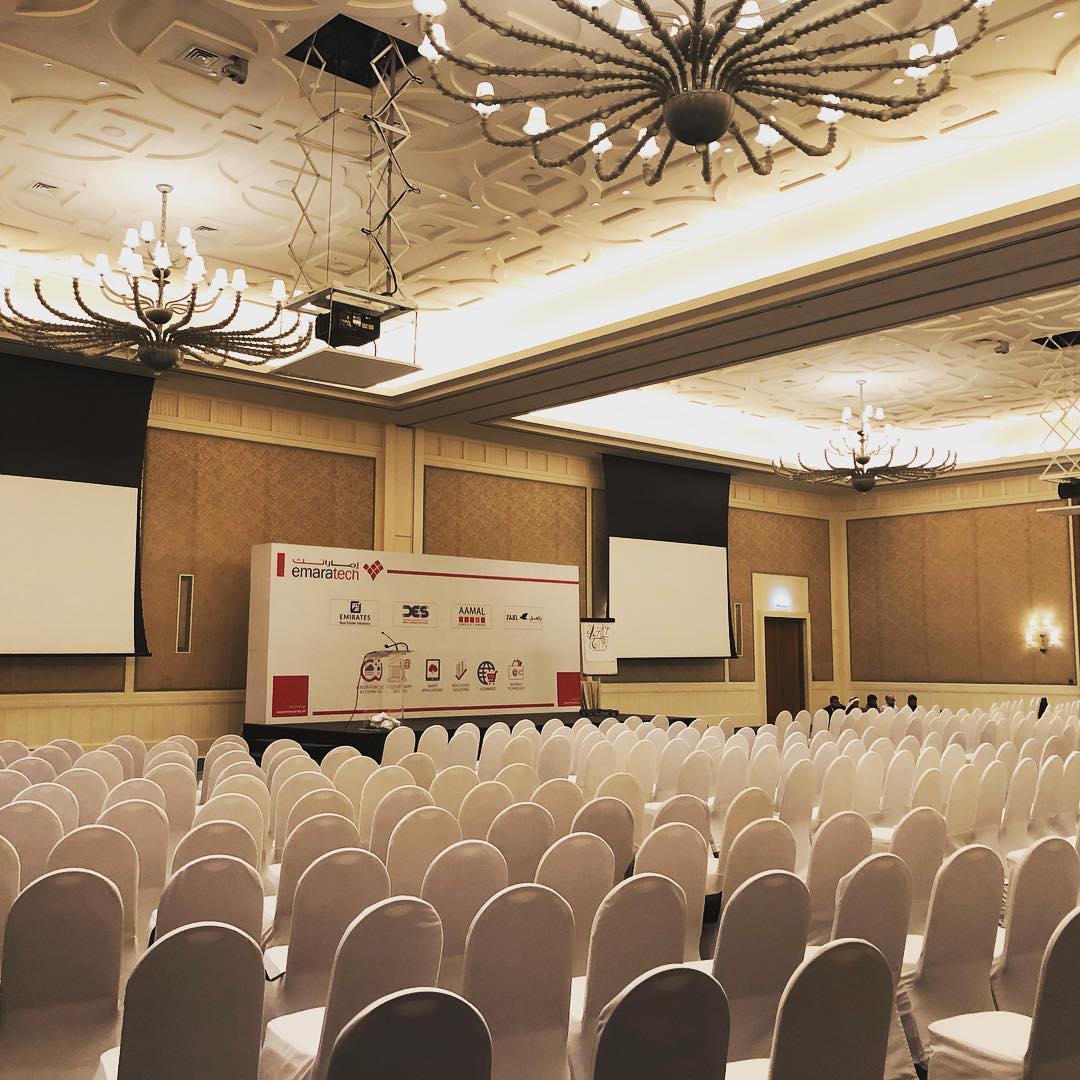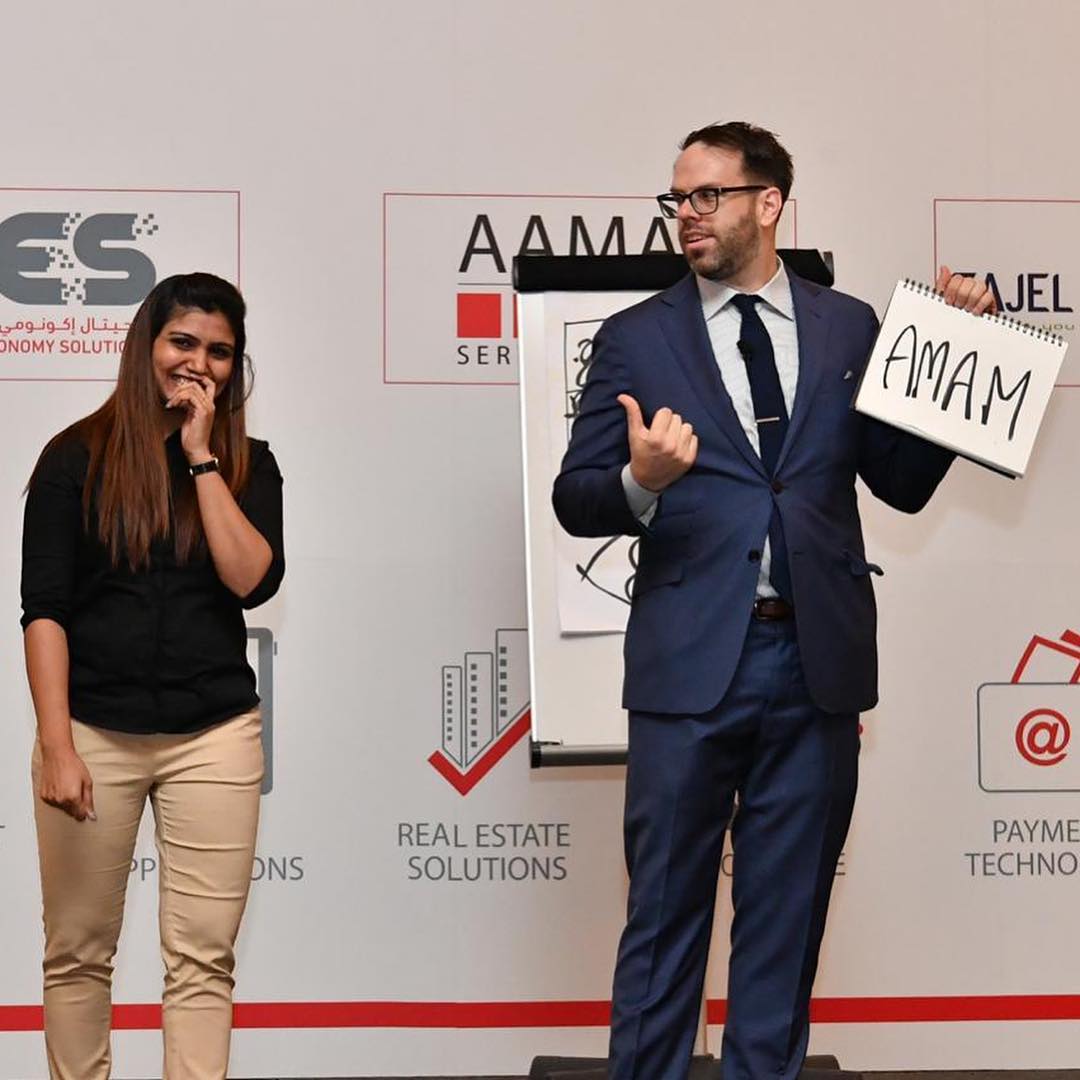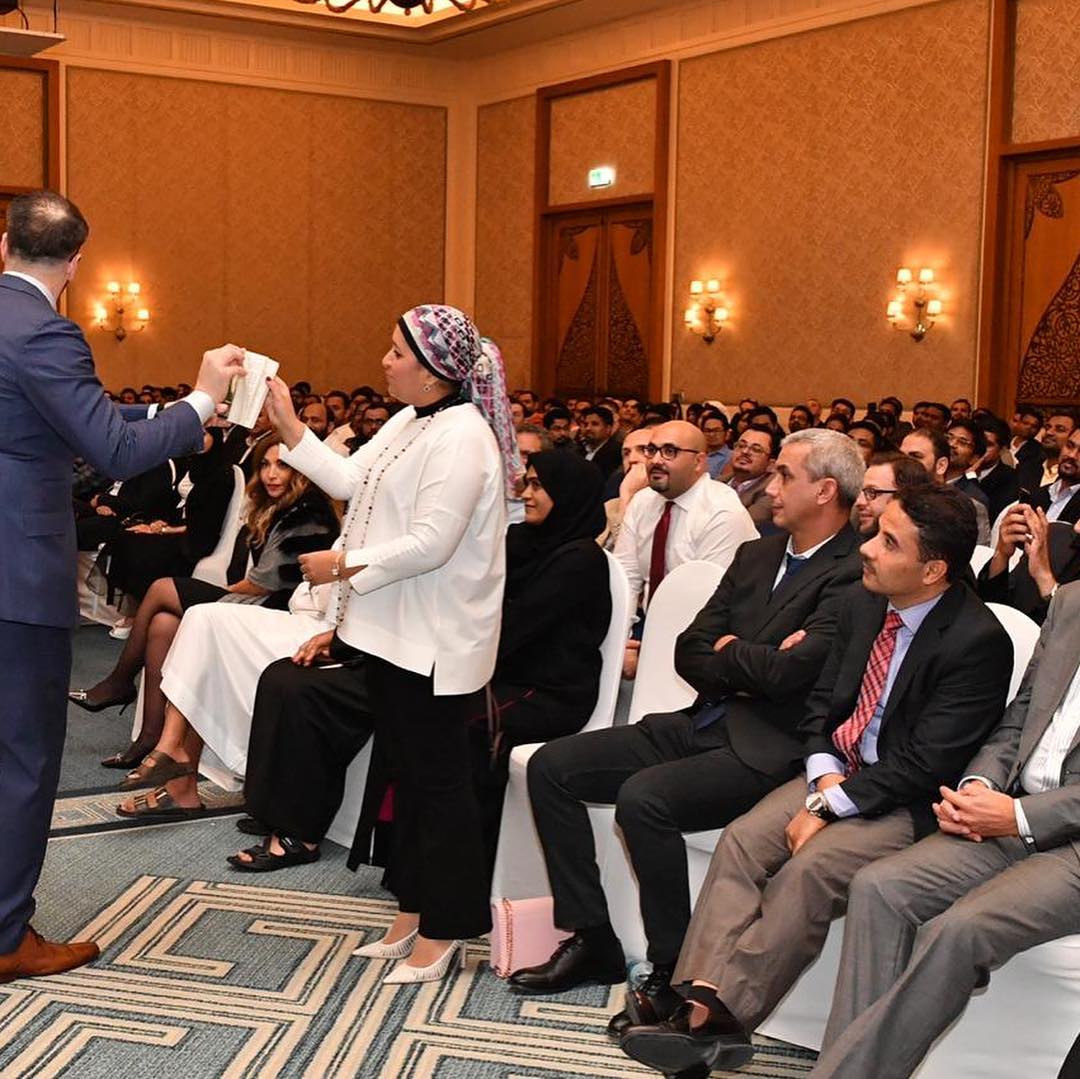Sometime last year I realized that something major was missing from my life. There was no mystery any more. I wanted to change that.
It all started with my phone.
I use my phone too much. Over the past decade it just became a way of life. I was always on my phone: early mornings at the airport, waiting backstage at a show, riding the train, walking to the gym.
“My name is Mark and I’m addicted to my phone.”
Well, I was addicted to my phone - but not anymore. I made steps to change that, all in an effort to add more mystery back into my life. I went from being on my phone around 4 HOURS A DAY to between 30 and 60 minutes every day for the past few months.
You might think I’m being over-dramatic here so do me a favor. Check your screen time right now. Chances are the number is pretty high. Don’t panic, it’s the culture we live in. But you can make changes to improve the relationship you have with your device(s).
Want to break your phone addiction, too? Here’s how I did it:
I read a few great books on phone use, including this one. It’s full of useful ideas on how to limit your phone use and make more time for the things you love.
I stopped going on social media. Honestly, I despise it and had for years. I only kept using it because I thought I needed it to become a successful entertainer. The second I deleted Facebook, Twitter, YouTube, and Instagram from my phone a huge weight was lifted. Not convinced? Read this book and try a week without social media for yourself.
I took Safari off my phone, too. The temptation to go to a web version of social media or mindlessly scroll the latest news stories was too great, so I removed that variable.
I changed where I charge my phone so that it wasn’t always within reach. When I’m home I try to leave it charging in the other room so my first impulse isn’t to grab my phone when I have down time.
I tried some other things, too, like changing my colors to greyscale or setting timers on social media. But those are too easy to bypass and I wanted to permanently alter my habits. Those methods might help you, though, so check out some more ideas here.
I’m almost always on Do Not Disturb mode. I only allow certain people to call me but keep my notifications off unless I’m on the road.
The first week of breaking your phone addiction is very weird. Out of habit, you take your phone out and go to open one of the most addictive apps. Then you realize they aren’t there, swipe around a few times and put your phone away.
After that, you’ll find yourself wondering how you’re going to fill the time. Everywhere you look you’ll see people on their phones, just constantly scrolling and double-tapping and clicking. It’s eye-opening.
Turns out, after a few weeks of limited phone use you start to crave other things.
I’ve been reading and running and writing more. Stephanie and I have been seeing more theatre lately. We saw a stunning production of Hamlet last week and an incredible concert a few days before. And, I didn’t need to tweet about it or watch it happen through my phone. It lives on in my memory, two of my favorite evenings in Chicago with my beautiful wife.
So, what does this have to do with mystery?
Well, breaking up with my phone made me realize how much mystery I was missing out on in my daily routine.
I was constantly able to have any information at a moment’s notice, with no regard for how incredible that information truly was. I could literally ask my phone for any answer and have it within seconds. That’s crazy! And absolutely unnecessary.
Deleting social media meant I wasn’t aware of the latest updates my friends were sharing. Their recent adventures were a mystery to me. Now when we get together, conversation is suddenly lively and fun again.
This personal realization about how social media was affecting me sent me down a wormhole in search of as much mystery as possible.
I’ve stopped Shazam-ing (new word I just made up) songs I didn’t know, just so I could force myself to be content not knowing what the song was.
I’ve stopped using GPS in the city when I’m headed to a new location. I’ll memorize the route before I leave home and if I get lost I just ask for directions. When people are given the chance to help you, they light up! We’ve forgotten how great it feels to do something nice for another person.
I stopped reading reviews. We wander into restaurants or shows now, without knowing what to expect. It’s marvelous.
We took a chance on a movie a few months ago without reading about it beforehand. And we ended up having an incredible night! Out of curiosity I looked up the Rotten Tomatoes score when we got home. I was shocked to learn that it was only 55%. I’m glad I didn’t know, because we probably wouldn’t have gone at all and would have missed one of the most fun date nights we’ve had in the past several years.
One night Stephie and I were sitting on the couch making each other laugh and suddenly found ourselves unable to remember a tagline from an old inside joke. We refused to Google it and sat there laughing, trying as hard as we could to remember. After 15 minutes, we looked at each other and said the phrase in unison. We laughed so hard we cried.
It takes time to adjust but not knowing is my favorite feeling in the world. It lets me appreciate the time I have now and the people I’m spending it with. It lets me focus on what matters most because I have no idea what comes next. And guess what? I don’t want to know.
I’m tired of having all the answers. I want more mystery.






